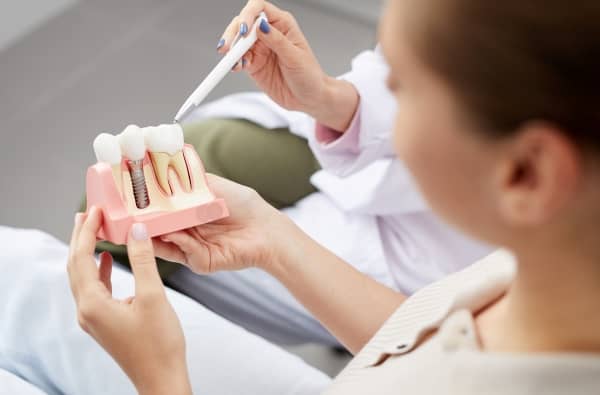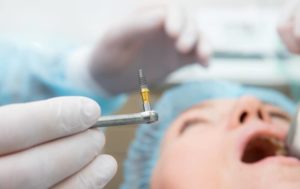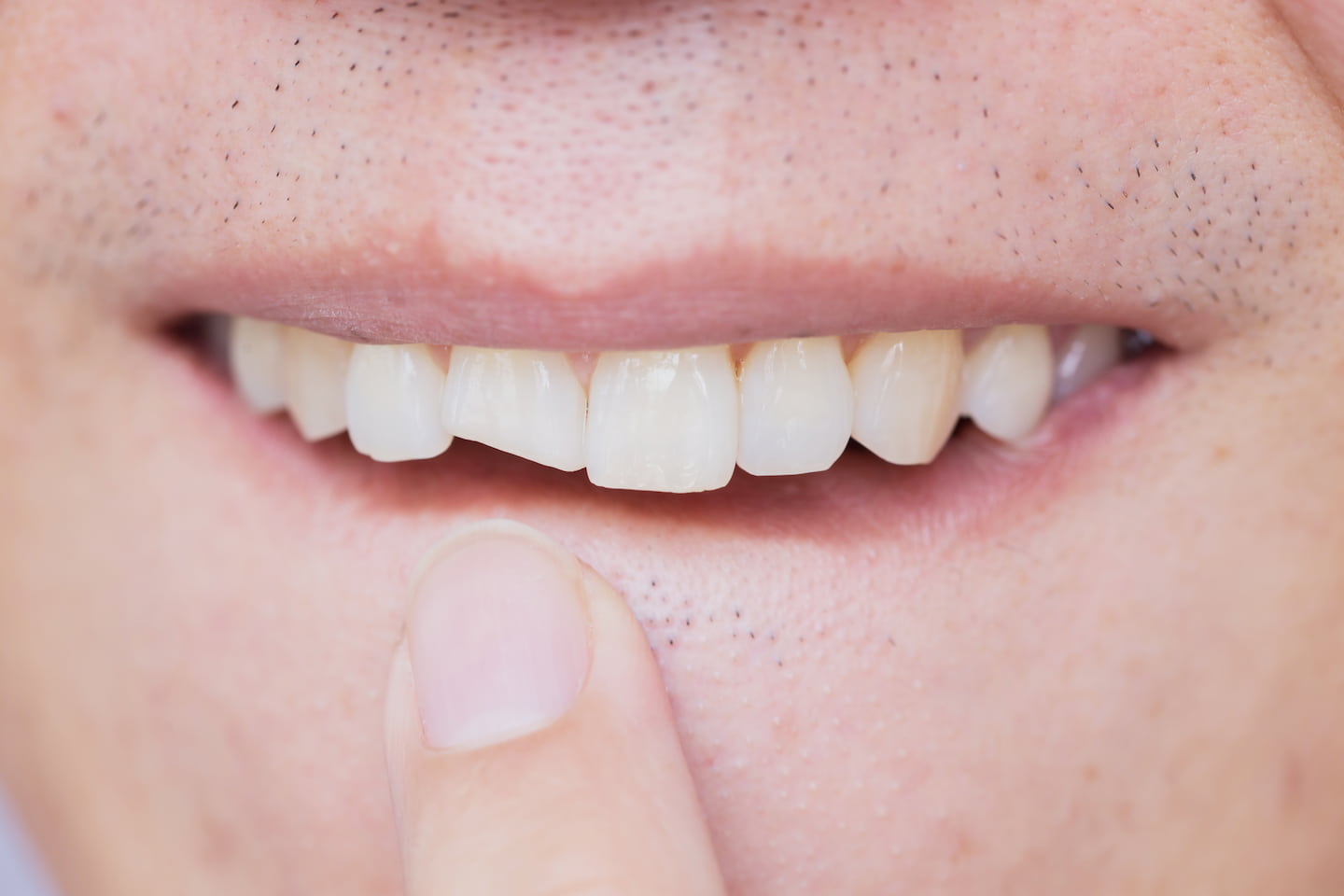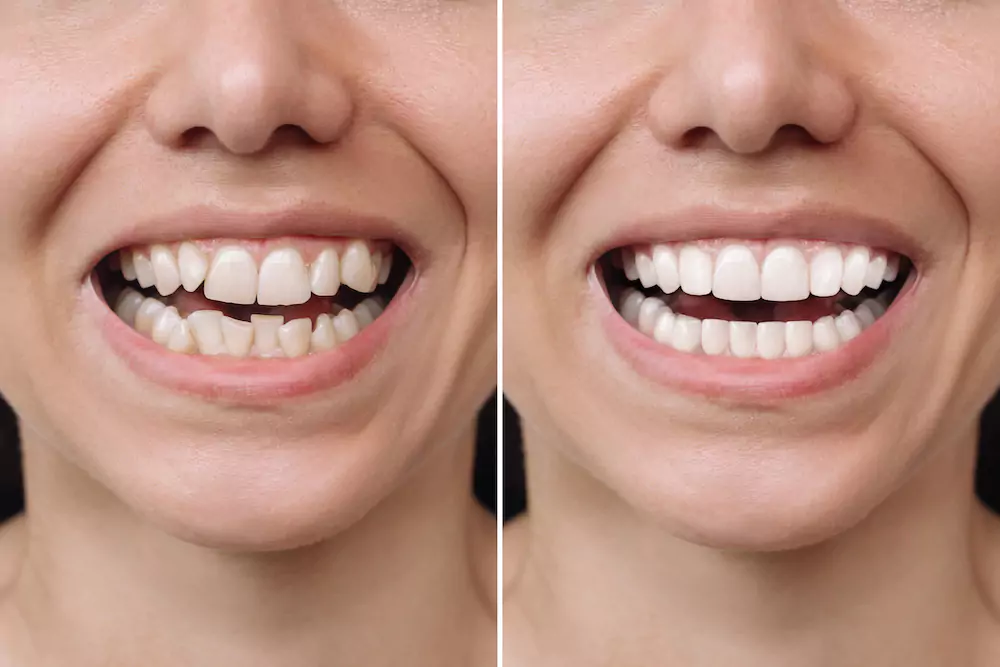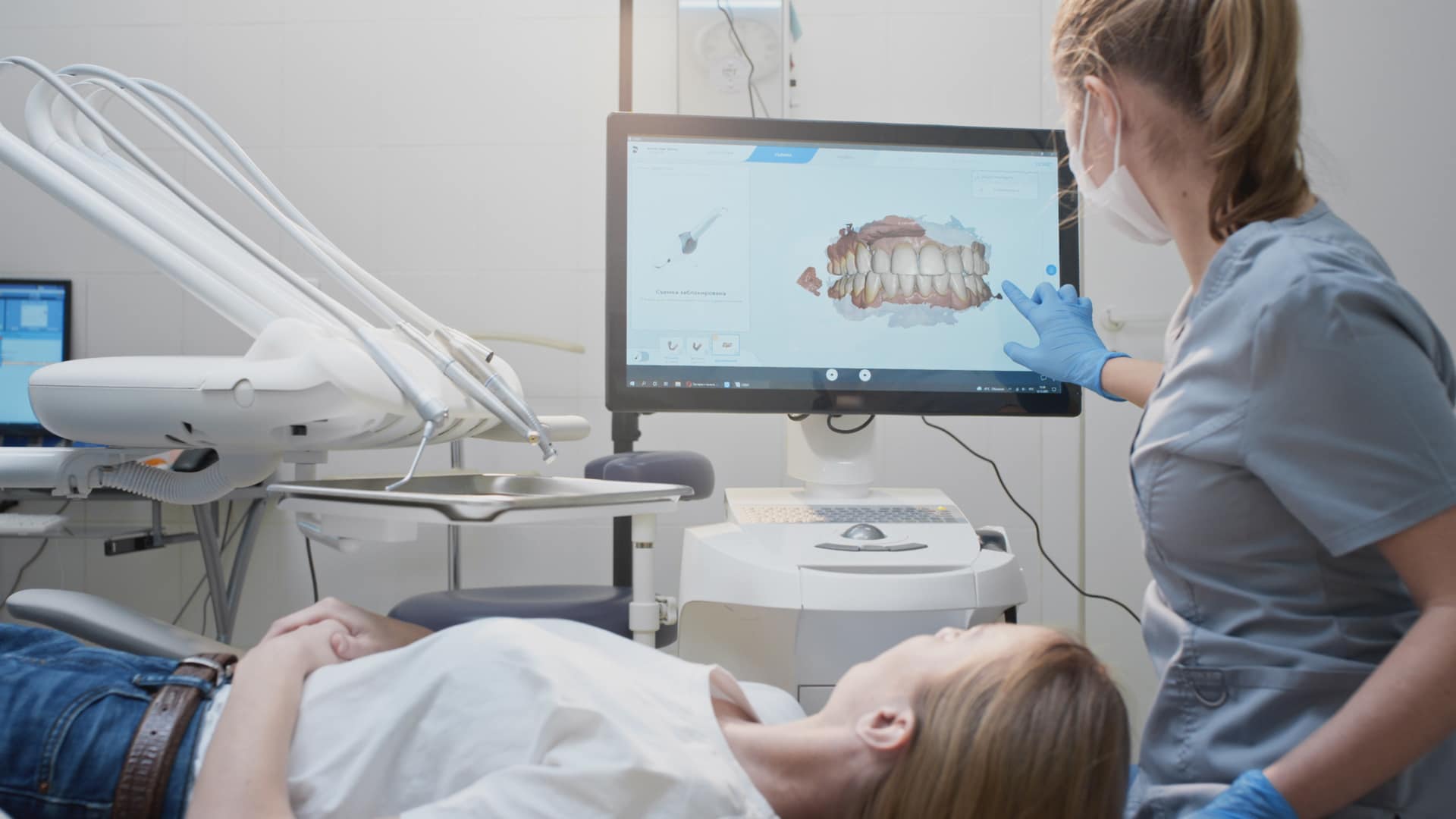
10 Things You Need To Know About Dental Implants
A missing tooth or teeth can significantly impact your confidence, as well as your ability to enjoy your favourite foods and keep your mouth healthy.
Fortunately, there are a variety of effective solutions for replacing a missing tooth. Dental implants are a popular, effective, and long-lasting option for replacing a missing tooth or teeth.
What Are Dental Implants?
Dental implants are a permanent solution to missing teeth. Whether an individual suffered tooth loss from decay, oral health issues, or trauma, dental implants offer an effective, low-maintenance solution.
Dental implants consist of an artificial metal tooth root surgically inserted into the jawbone. This metal heals and fuses into the jawbone, providing a secure artificial ‘root’.
This metal root serves as the foundation for a prosthetic tooth that is made to match the shape and colour of your surrounding teeth. The result is a natural-looking, functional replacement that can last a lifetime.
Dental implants involve three parts:
- The implant, often made from titanium
- The abutment, the portion that connects the crown to the implant
- The crown, which serves as the replacement tooth
10 Things You Need To Know About Dental Implants
If you are interested in getting a dental implant, here are 10 helpful things to know.
1. Dental Implants Look and Function Like Normal Teeth
One of the biggest benefits of dental implants is their ability to look and function just like natural teeth. Once the titanium post heals, only the prosthetic portion of the implant — the bridge, crown, or denture — will be visible. This results in a completely natural appearance and a smile you can be proud of.
2. Dental Implants Are Comfortable
Because dental implants are directly attached to your jaw, they offer a high degree of comfort and stability. They function right along with your natural teeth, allowing you to comfortably go about your day, eat your favourite foods, speak clearly, and feel confident.
3. Dental Implant Material Does Not Decay
The titanium used to construct the posts for dental implants is not susceptible to decay, unlike natural teeth. The prosthetic portion is made using artificial materials, such as composite resin or porcelain, and is also free of the risks of decay.
Although it is still crucial to maintain a good oral health routine, replacing missing teeth with dental implants can reduce your risk of cavities and other oral health issues.
4. Dental Implants Have a High Success Rate
Dental implants offer an extremely high rate of success, with studies showing 97 to 100% success rates.
Titanium, a common material used in dental implants, is biocompatible, meaning it cannot be rejected by the body or cause irritation. As the materials are integrated into the jawbone and unlikely to be rejected, dental implants offer an effective, long-lasting solution to missing teeth.
5. Dental Implants Are Secure
As opposed to options like dentures, there is no need to worry about loosening or slipping with dental implants. Because they are secured directly to the jaw — and become part of the jaw itself — dental implants are a remarkably secure solution for missing teeth. Their strength also means you can chew food properly and with confidence.
6. Dental Implants Help Prevent Bone Loss and Age-Related Changes
A missing tooth leaves more than just an unsightly gap. Without a tooth, the surrounding teeth can shift, causing changes to your bite, face shape, and jawline. A missing tooth or teeth can also lead to pain, TMD, and bone loss.
Dental implants provide support for surrounding teeth to keep them from shifting. Implants also provide stimulation for the jawbone to help keep it healthy and strong.
7. Dental Implants Are Easy to Care For
Dentures can sometimes be difficult to keep thoroughly clean. Dental implants become integrated into your mouth, allowing you to maintain your regular oral hygiene routine.
Once attached, dental implants do not need to be removed as dentures do. Simply continue caring for your teeth and gums, follow your dentist’s recommendations for caring for your dental implants, and see your dentist regularly for checkups to ensure your dental implants last as long as possible.
8. Dental Implants Prevent Disease
A missing tooth can allow bacteria and food debris to build up in the gap left behind by the old tooth. Even with regular brushing and flossing, a missing tooth still increases your risk of gum disease. A dental implant can restore function to your mouth while also reducing your risk of gum disease and other oral health issues.
9. Dental Implants Do Not Require Alterations to Surrounding Teeth
Many people consider dental bridges as an option for replacing a missing tooth or teeth. While dental bridges can be an excellent option, many individuals prefer the security of dental implants, along with the lack of alterations required.
Dental bridges require surrounding teeth to be reshaped to support the bridgework. Dental implants require no additional support or alteration to surrounding teeth.
10. The Procedure Is Straightforward
The dental implant procedure is straightforward and can usually be completed in two to three visits, depending on the individual.
The dental implant procedure involves:
- An initial series of X-rays and scans to evaluate your jawbone and the overall health of your mouth to make sure you are a good candidate for dental implants
- The initial surgery involves the surgical placement of the titanium post into the jaw. A local anaesthetic is used to numb the affected area, eliminating the need for general anaesthesia.
- The dentist will then place a temporary crown over the gum during the healing process
- Over the next 3 to 6 months, osseointegration (the fusion of the screw into the jawbone) occurs
- Once the dental implant stabilises, a mould is taken to create a dental crown that perfectly matches the shape and colour of your surrounding teeth
- The temporary crown is replaced with the personalised permanent crown
Discomfort after the procedure is usually easily managed and temporary. Dental implants also offer the advantage of allowing individuals to replace a single tooth or multiple teeth in one procedure.
Are Dental Implants Right for Me?
Dental implants provide a long-lasting, low-maintenance solution for missing teeth. Although dental implants are not for everyone, good candidates usually have healthy teeth and gums and adequate bone density.
For answers to some of the common questions about dental implants, including cost, what is involved in the procedure, and more, check out our Guide to Dental Implants.
If you have additional questions about dental implants or would like to schedule a free consultation, get in touch with the dentist Canning Vale trusts to deliver high-quality outcomes today.
